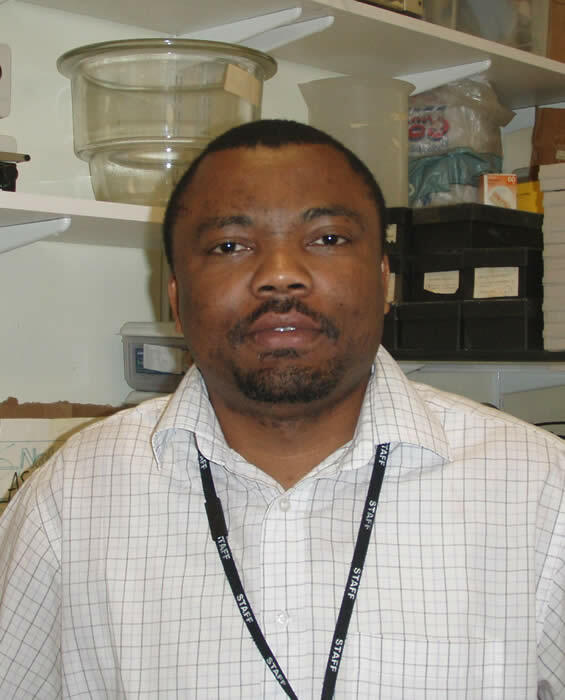
Dr Charles Wondji has been awarded a Wellcome Trust Senior Research Fellowship in Biomedical Sciences for five years which will support his work in the field of vector biology.
The grant formally titled, “Tackling Insecticide resistance the in major African malaria vector Anopheles funestus: developing new molecular diagnostic tools, understanding the evolution of resistance and its impact on control interventions”, will be based at LSTM and OCEAC in Cameroon.
Malaria control strategies rely heavily on insecticide-based interventions such as long lasting insecticide Nets (LLINs) and indoor residual spraying (IRS). However resistance to insecticides in major malaria vectors, such as Anopheles funestus, is threatening the continued effectiveness of these tools.
Dr Wondji explains: “Without genetic information on insecticide resistance genes and associated molecular markers, it is difficult to detect, track and anticipate the course of resistance and to assess its impact on malaria transmission. The current inability to track resistance this way in An. funestus is a major obstacle to the design of rational resistance management strategies.”
Using the power of deep genome sequencing coupled to extensive functional analyses, this project will fill this gap in knowledge by thoroughly deciphering the genetic and molecular complexity of insecticide resistance mechanisms in the mosquito An. funestus across Africa. It is expected that this will pinpoint the resistance genes and detect associated molecular markers to design DNA-based diagnostic tools to detect and track the evolution of resistance. Furthermore, these resistance markers will be used in field trials in Africa to assess the impact of resistance on control interventions.
Dr Wondji continued: “The crucial knowledge and tolls that this project will generate will help control programmes in Africa to design rational, evidence-based resistance management strategies against this major malaria vector.”